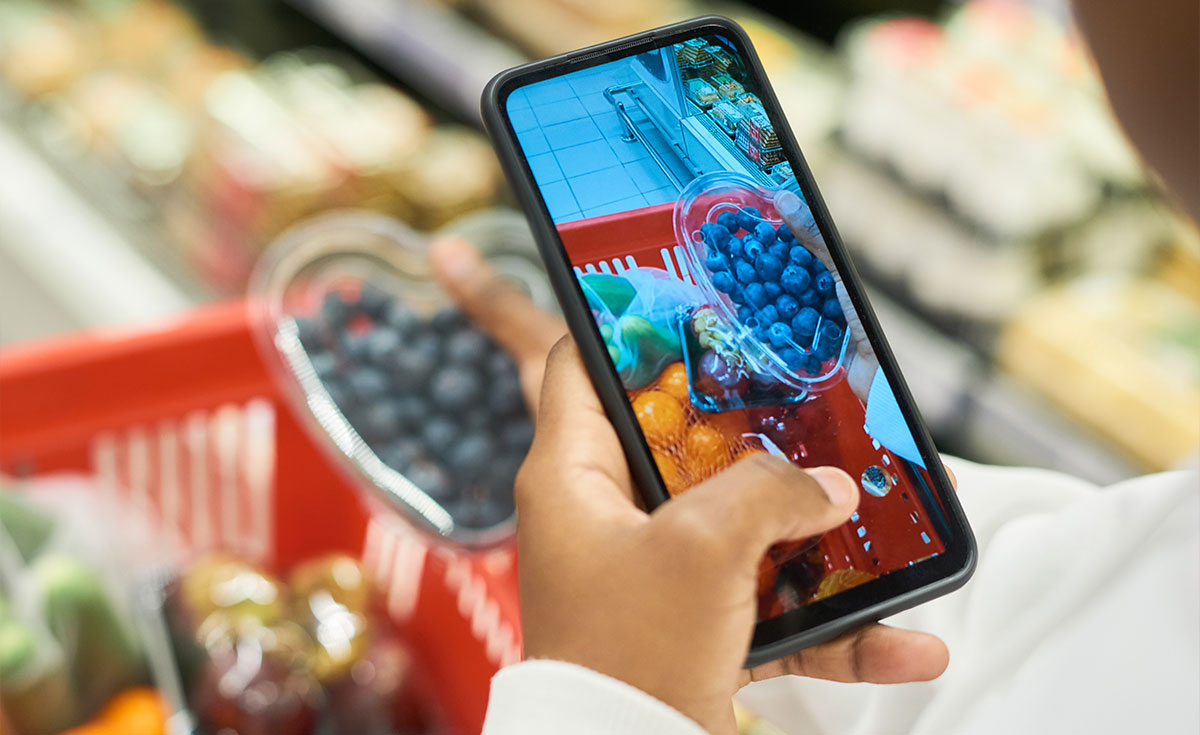By Doug Baker, FMI Vice President, Industry Relations - Private Brands, Technology 
When I started with FMI in 2014, one of the first goals I had was to move the industry from using the term “private label” to “private brand.” With the momentum, innovation and awareness the private brand industry was receiving, it felt like an imperative to start recognizing these programs for what they truly were—brand builders. Over the last couple of years, we have measured this goal in our Power of Private Brands: From the Industry research report and I’m happy to see the needle is moving. Over 80 percent of the food retail industry now recognizes their program as a brand, whether that be a store brand, own brand or private brand.
It may seem trivial, but the FMI Private Brand Leadership Council sees it another way. This shift means food retailers are seeing private brands through a more strategic lens. With consumer acceptance growing and millennials' focus moving from the brand to how the product meets their needs and desires, private brands can compete on a more level playing field.
The consumer also benefits from private brands moving solely as a brand to build profit to one that builds loyalty. The shift in this strategy opens the door for food retailers to innovate listening to their customer and building products that meet needs, rather than follow other brands.
Although there are still concerns with how to pay for innovation, and the growing omnichannel influence on consumers' purchasing behaviors, private brand owners using a lens of opportunity are approaching these challenges as growth opportunities and a way to engage consumers with their brand equity wherever they are.
Download the Power of Private Brands: From the Industry Report

 Industry Topics address your specific area of expertise with resources, reports, events and more.
Industry Topics address your specific area of expertise with resources, reports, events and more.
 Our Research covers consumer behavior and retail operation benchmarks so you can make informed business decisions.
Our Research covers consumer behavior and retail operation benchmarks so you can make informed business decisions.
 Events and Education including online and in-person help you advance your food retail career.
Events and Education including online and in-person help you advance your food retail career.
 Food Safety training, resources and guidance that help you create a company food safety culture.
Food Safety training, resources and guidance that help you create a company food safety culture.
 Government Affairs work — federal and state — on the latest food industry policy, regulatory and legislative issues.
Government Affairs work — federal and state — on the latest food industry policy, regulatory and legislative issues.
 Get Involved. From industry awards to newsletters and committees, these resources help you take advantage of your membership.
Get Involved. From industry awards to newsletters and committees, these resources help you take advantage of your membership.
 Best practices, guidance documents, infographics, signage and more for the food industry on the COVID-19 pandemic.
Best practices, guidance documents, infographics, signage and more for the food industry on the COVID-19 pandemic.
